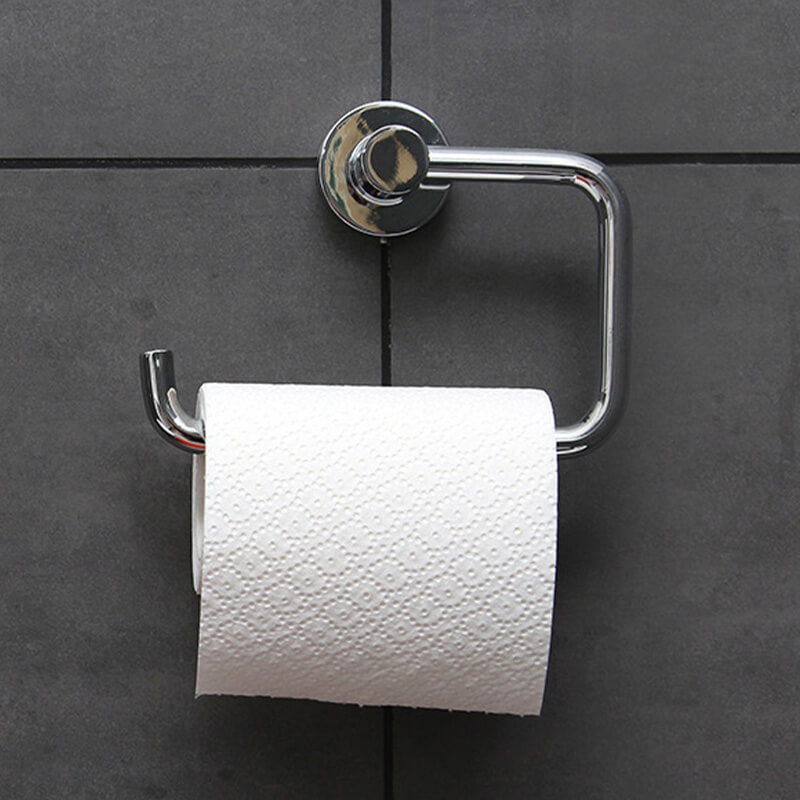UPDATED BY FRANZISKA SPRITZLER, RD, CDE on May 8, 2024
Are you enjoying the health benefits of the keto low-carb diet, but struggling with constipation (difficulty with having a bowel movement)? This article will help.
Let’s say all is going well for you as you embark on a keto diet. You’re feeling good, your ketones are where they should be, you’re past the “keto flu” side effects, you’ve eliminated your water-weight bloating, and your energy is returning, but you realize you aren’t having regular bowel movements. For those of us who are pretty regular, this change in bowels can be daunting. So, what causes constipation when transitioning to a low-carbohydrate, high-fat diet, and how can we stop or prevent it? Here are some of the reasons you may be experience constipation on a keto diet, and what you can do to resolve it.
Not Consuming Enough Fiber
When transitioning from a typical American diet to a keto diet, making healthy food choices should be a top priority.
It’s convenient to drink butter coffee every morning and eat prepackaged keto convenience foods, but make sure you’re getting adequate dietary fiber through high-fiber whole foods. Fiber helps to bulk up and move our bowels, so they can pass waste easier.
Even though a good amount of your diet is healthy fats when you’re trying to maintain ketosis, it’s important to get most of your carbohydrates from non-starchy vegetables, which also contain fiber. For example, cooked leafy greens contain about 3 to 5 grams of fiber per cup, raw leafy greens contain about 1 gram of fiber per cup, and most other non-starchy vegetables contain about 2 to 3 grams of fiber per cup. If you feel like you’re not getting enough fiber and you’re reaching your maximum carbs, there are some keto fiber supplements you can take as well.
Constipation is possible, especially in the transitional period when you make the change from your previous dietary habits to your new keto lifestyle. This is why it’s so important to follow a keto diet in the healthiest manner possible.
Low Healthy Gut Bacteria/Lack of Prebiotic Fiber
You may not be getting enough prebiotics and probiotics in your diet. Prebiotics are soluble fiber that we don’t digest. Prebiotics feed our probiotics (beneficial gut bacteria) and help keep our microbiome healthy. Prebiotics often come from starchy vegetables like potatoes and rice, which are avoided on a ketogenic diet. But some non-starchy plants are high in prebiotics, such as garlic, leeks, artichokes, dandelion greens, tomatoes, asparagus, and berries. Probiotics can be obtained through fermented foods like kimchi (Korean fermented cabbage), sauerkraut, and fermented pickles. The combination of both prebiotics and probiotics has been shown to help with constipation. If you’re not a fan of fermented foods, you can take a prebiotic and probiotic supplement. Also, try to eat mostly whole foods.
Dehydration
Sometimes constipation is caused simply by not drinking enough water throughout the day. In fact, dehydration is one of the most common causes. Even mild dehydration can cause constipation. So this means you need to focus on staying well hydrated even when you aren’t thirsty. Water helps to hydrate the colon and keeps the stools soft, so they pass through more easily. And although it hasn’t been studied in clinical trials, anecdotal reports suggest that adding a pinch or two of Himalayan or sea salt to your water may improve intestinal hydration and help prevent constipation.
Eating In a Stressed State/Not Chewing Thoroughly
The key to good digestion is to eat in a parasympathetic (relaxed) state. Most of us are eating in a sympathetic (fight or flight) state. We are often rushed, and we aren’t fully chewing our food or eating in a mindful way. The gut and the brain are connected and interact with each other through our microbes. When we are anxious, it impacts our ability to properly digest food through our digestive system.
Digestion starts in the mouth. Chewing and eating in a relaxed way, also known as “mindful eating,” ensures we are fully digesting and getting the nutrients we need from our food. Plus, there are enzymes in our saliva that help break down and pre-digest our food before it enters the stomach. According to researchers, “During mastication, the food mixes with saliva to form a bolus, a smooth mass of mechanically broken-down food particles. The water in saliva moistens the ingested food, whereas the salivary mucins bind masticated food into a coherent and slippery bolus that can easily slide through the esophagus.”
If our food is not fully digested or properly moistened before entering the digestive tract, this can contribute to constipation. Eating mindfully helps to relax the entire body so our digestion can function optimally. It all starts with relaxing and fully chewing our food.
Not Getting Enough Movement
Most of us are aware of the benefits of regular physical activity. But one benefit you may not be aware of is that movement throughout the day increases gut motility. This means that by moving your body, you are also stimulating your bowels to move. Additionally, exercise reduces transit time in the intestines (decreased time between bowel movements). So be sure to get up and move throughout the day. Even a short walk can help significantly with constipation.
Keto Constipation Remedies
If constipation is an issue on your keto diet you may want to try the following:
- Increase your fiber intake by eating more non-starchy fibrous vegetables each day.
- Eat small amounts of fermented foods with your meals.
- Consider taking quality prebiotic and probiotics.
- Consider a magnesium supplement, such as magnesium citrate, which can help to move the bowels.
- Try including chia seeds or flax seeds.
- Drink coffee or tea, which can stimulate bowels.
- Try removing nuts from the diet, as these can be binding for some people.
- Be sure to chew your food thoroughly and eat in a relaxed state.
- Drink plenty of water.
- Move your body throughout the day.




